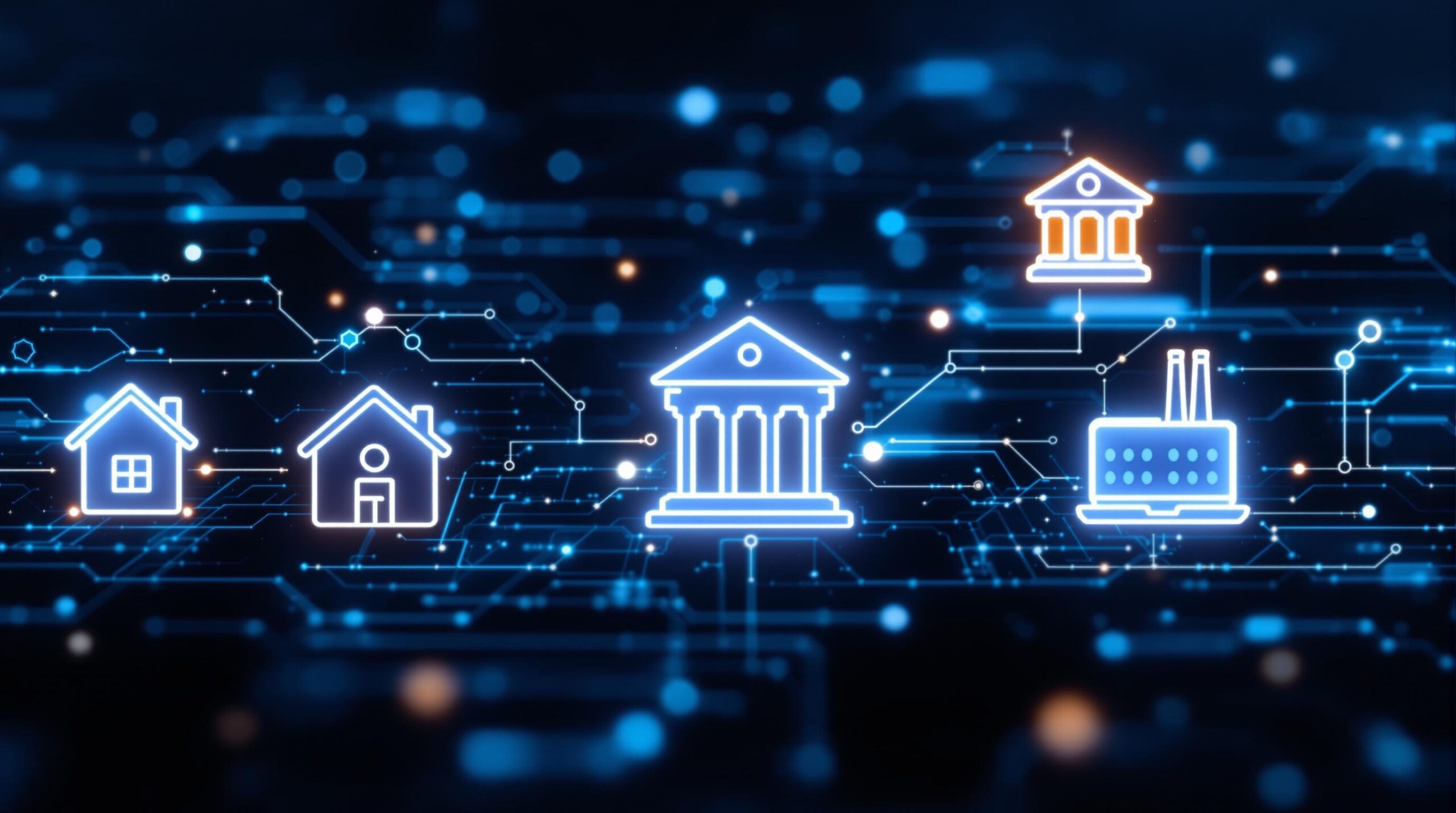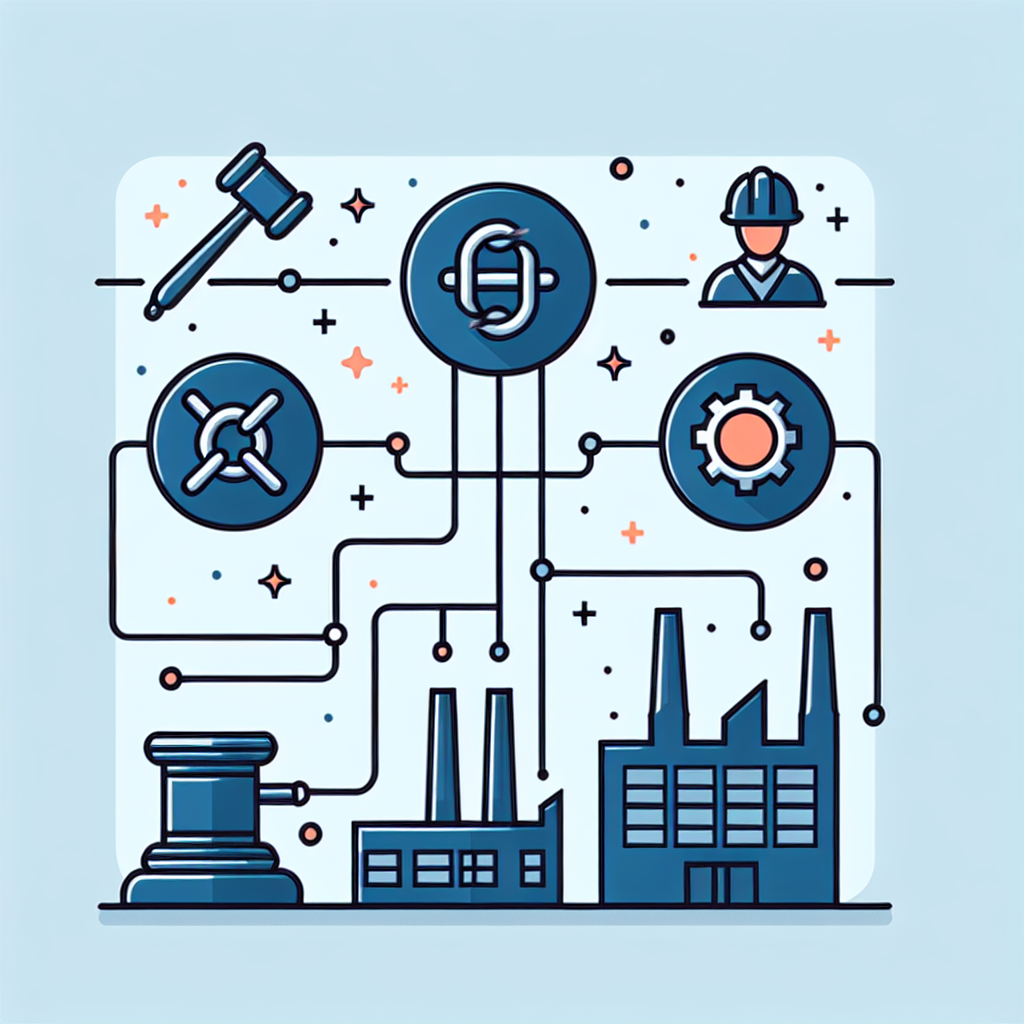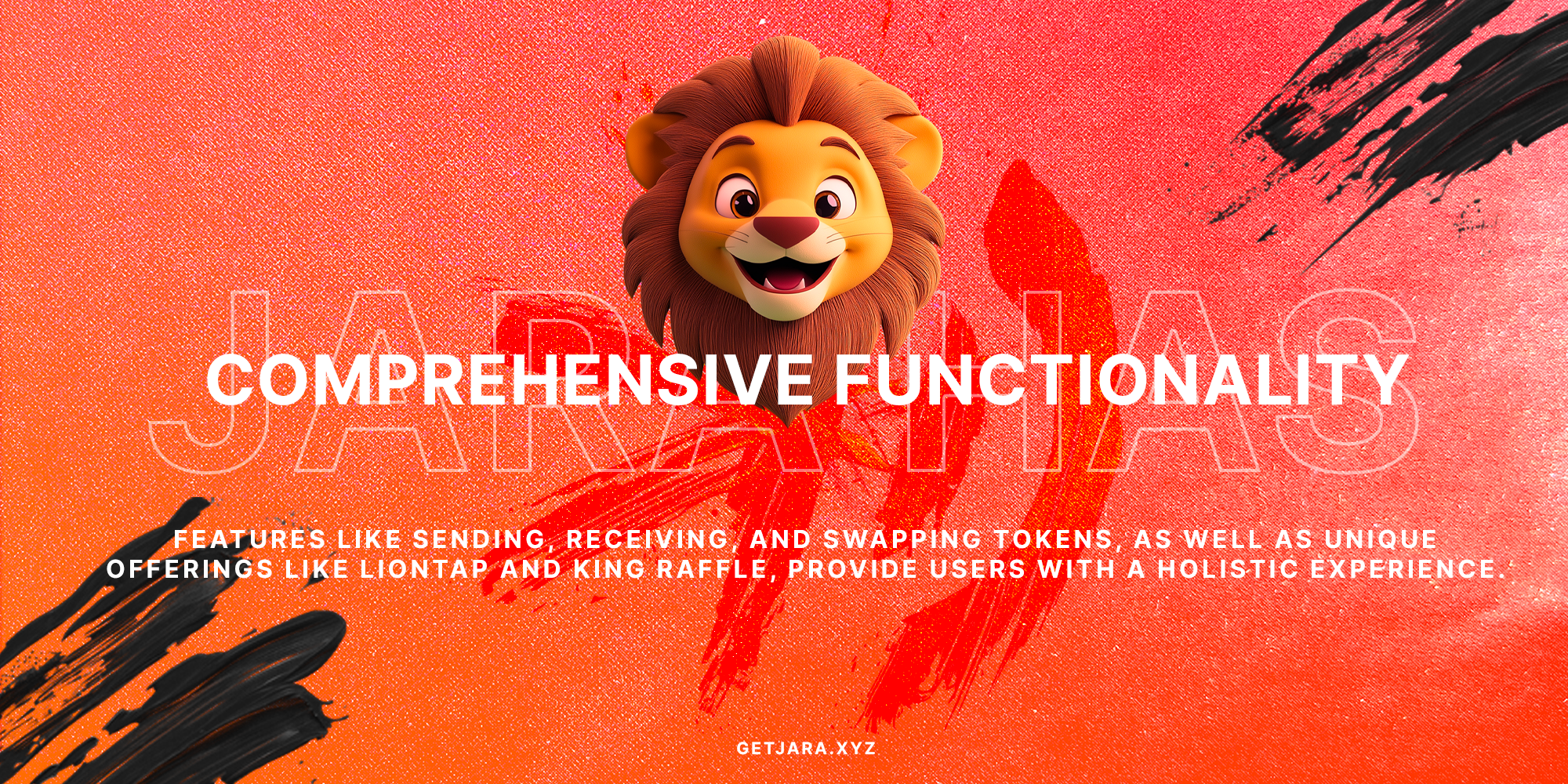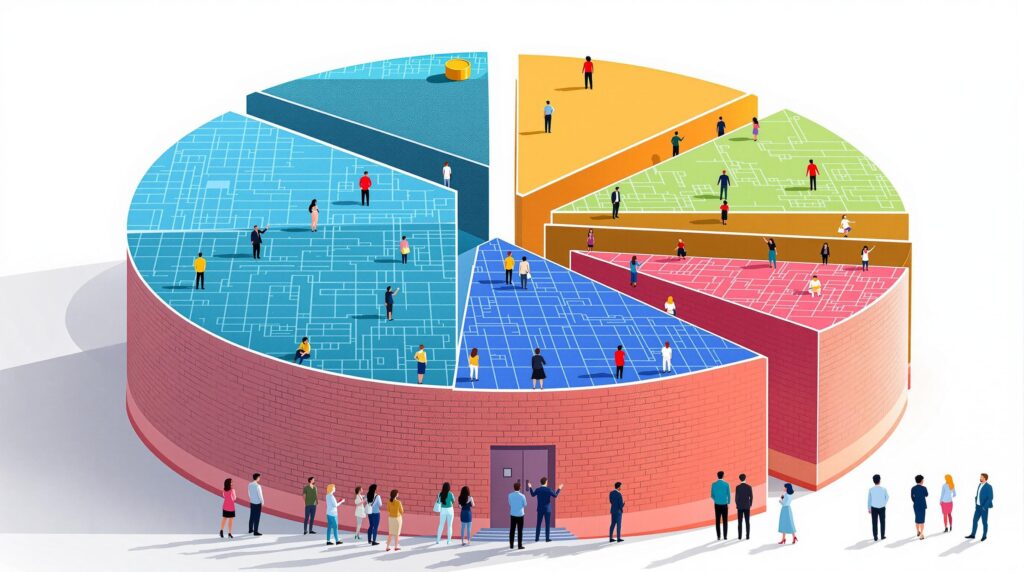Overview of Smart Contracts and Their Impact
In today’s rapidly evolving digital landscape, smart contracts are emerging as a transformative force, poised to revolutionize how industries operate across the globe, particularly in Africa. But what exactly are smart contracts?
What are smart contracts? Smart contracts are self-executing contracts with the terms of the agreement directly written into lines of code, simplifying transactions and reducing the need for intermediaries.
These contracts leverage blockchain technology, providing a secure and automated way to enforce contractual terms without relying on trust in a central authority. This has profound implications for industries that are traditionally bogged down by paperwork, inefficiencies, and intermediaries.
The Nuts and Bolts of Smart Contracts
Let’s take a deeper dive into how smart contracts function. At their core, they operate through blockchain-enabled automation. This implies that actions are only triggered when predetermined conditions are met, eliminating ambiguity and ensuring consistency across transactions.
- Decentralization: Unlike traditional contracts overseen by central entities, smart contracts run on decentralized networks, such as Ethereum. This means no single party controls the contract once it’s deployed.
- Immutability: Once a smart contract is executed, it cannot be altered, providing robust protection against fraud.
- Transparency: All parties involved in the contract have access to the same information, promoting openness and trust.
This innovative approach offers significant advantages, especially for regions such as Africa, where traditional infrastructure might not be as robust or reliable. By integrating smart contracts into business operations, African enterprises can vastly improve efficiency and security while minimizing costs.
Impact Across Industries
Now, you might wonder, which industries stand to gain the most from this technological advancement? In a region like Africa, where the digital infrastructure gap is a pressing issue, smart contracts promise to streamline operations and foster economic empowerment.
“Smart contracts are not just a technological innovation; they are a catalyst for socio-economic transformation across the African continent.” – Blockchain Enthusiast
Consider the real estate sector, for example. Currently burdened by time-consuming processes and costly intermediaries, it can benefit greatly from the automation capabilities of smart contracts. By eliminating the need for escrow agents and reducing the risk of fraud, transactions become smoother and more transparent.
Why Africa is Poised for a Smart Contract Revolution
With Africa experiencing rapid digital growth, the implementation of smart contracts is not just a possibility—it’s happening. The Jara platform, with its innovative use of the $JARA token and proprietary blockchain, is forging pathways in this new digital landscape by focusing on tokenized real-world assets like infrastructure projects.
- Economic Inclusion: As barriers to entry lower, more entrepreneurs can engage in economic activities with the assurance of fairness and security provided by smart contracts.
- Infrastructure Development: Projects, such as the tokenization of Africa’s ambitious infrastructure endeavors, can proceed with greater confidence and reduced financial risk.
- Social Integration: Platforms like Jara leverage blockchain to bring communities together, facilitating transactions that were previously hindered by logistical challenges.
The transformative power of smart contracts lies in their ability to integrate seamlessly into existing systems while offering innovative solutions to persistent challenges. As industries continue to adapt, the role of smart contracts will undoubtedly grow, leading to a more connected and efficient global marketplace.
Industry Disruption: Financial Services
Banking and Cryptocurrency Integration
Imagine a world where financial transactions are instant, cost-effective, and secure. This isn’t just a dream—it’s becoming a reality thanks to smart contracts and their integration into banking systems. But how exactly are they transforming the financial landscape in Africa?
Smart contracts are essentially self-executing contracts with the terms of the agreement directly written into lines of code. They are designed to automatically execute transactions upon meeting a specific set of conditions, without the need for intermediaries. This technology is revolutionizing the financial services industry in several profound ways:
- Efficiency and Speed: Traditional banking transactions can be slow, often taking days to clear. Smart contracts reduce this time to mere minutes, ensuring near-instantaneous transactions.
- Security: By using smart contracts, banks enhance their security measures. The transparent nature of blockchain ensures that all transactions are certified and unalterable, reducing risks of fraud.
- Cost Reduction: Fewer intermediaries mean reduced overhead costs, leading to cheaper services for clients.
- Accessibility: Introducing cryptocurrencies allows banks to offer services to unbanked populations, making financial services more inclusive.
What is a smart contract in banking? A smart contract in banking is a self-executing agreement where the terms are encoded directly into blockchain, ensuring transactions execute automatically when certain conditions are met.
Jara is at the forefront of this transformation. By providing infrastructure for Africa’s digital asset economy, Jara is empowering individuals to harness the full potential of smart contracts and blockchain technology. This initiative ties into their broader vision of creating a robust and inclusive financial ecosystem.
With Jara’s platform, financial transactions are not only faster but also safer and more accessible to everyone. This integration of cryptocurrency into the traditional banking sector is a crucial step towards a borderless and efficient financial system.
In conclusion, the integration of smart contracts into the financial services industry promises extraordinary changes. By fostering greater efficiency, security, and accessibility, smart contracts are indeed setting the stage for a financial revolution, particularly in Africa. As this technology continues to be adopted and refined, the potential implications for future developments are immense and truly exciting.

Healthcare Industry Transformation
Securing Medical Records with Blockchain
Have you ever wondered how secure your medical records really are? With the advent of blockchain technology, the healthcare industry is on the brink of a significant transformation. Smart contracts, a key component of blockchain, are ensuring that medical records are not only securely stored but also efficiently shared among healthcare providers. This enhanced information exchange can greatly improve patient care and operational efficiency.
In the traditional healthcare setup, medical records are often scattered across various systems, making it difficult for healthcare providers to access comprehensive patient data. This lack of coordination can lead to continuity-of-care issues and, in some cases, incorrect diagnoses or treatments. Enter blockchain: a decentralized database that revolutionizes how data is stored and accessed.
How does blockchain secure medical records? Blockchain acts as a decentralized ledger that records transactions across multiple computers, making it virtually tamper-proof and ensuring the integrity and accessibility of medical records.
By storing medical records on blockchain, each patient’s health information becomes a single, unalterable record. This means that whether you’re visiting a local clinic or a hospital halfway across the globe, your medical history is accessible to authorized providers. This ease of access is crucial, especially in emergencies, where every second counts.
Moreover, blockchain facilitates the use of smart contracts to automate the sharing and authorization of medical records, ensuring that only the right parties have access. Not only does this improve security, but it also reduces the administrative burden on healthcare staff, allowing them to focus more on direct patient care.
Streamlining Patient Data Management
Can you imagine a world where your medical records follow you seamlessly wherever you go? This is becoming a reality with blockchain-based solutions that provide a unified platform for data access and management. By eliminating the barriers of disparate record-keeping systems, blockchain empowers patients with control over their own health data, simplifying their healthcare journeys.
Through innovative blockchain applications, patients can grant access to their healthcare team effortlessly, without the lengthy process of filling out authorization forms or worrying about the security of their information. Every action, from consultation notes to prescription updates, is recorded on the blockchain, creating a transparent history that can be trusted by both patients and practitioners.
Why is patient control over health data important? Granting patients control over their data ensures privacy, fosters trust, and encourages engagement in their own healthcare decisions.
With a system like this, the automation of healthcare processes becomes seamless, enhancing the overall patient experience. Patients become active participants in their healthcare, equipped with the information and tools necessary to make informed decisions, thereby improving health outcomes.
Enhancing Data Security
Security in healthcare isn’t just about compliance—it’s about protecting sensitive information from unauthorized access and potential data breaches. Blockchain fortifies healthcare data management by decentralizing the storage of records and using robust encryption methods.
Unlike traditional data systems, where a single point of failure can compromise entire networks, blockchain’s distributed nature means that even if one node is breached, the rest of the network remains intact, maintaining the security of the data. This puts blockchain at the forefront of medical record security enhancements.
What makes blockchain secure? Blockchain utilizes advanced cryptography and decentralized record-keeping, making it nearly impervious to data tampering and unauthorized access.
This enhanced security feature not only protects patient data but also builds trust in the healthcare system. Patients can rest assured that their personal health information is handled responsibly, fostering a stronger doctor-patient relationship built on transparency and trust.
In this HTML content, various elements, including headings, paragraphs, and callouts, work together to provide a comprehensive yet easy-to-read guide on how smart contracts and blockchain technology are transforming the healthcare industry. Each section is linked with relevant articles to provide depth on different facets, anchoring the discussion in a broader context of technological advancements. The content is tailored for seamless WordPress integration, and the linking strategy ensures a well-rounded exploration of healthcare and blockchain security.
Real Estate and Legal Industry Shifts
Automating Transactions and Document Verification
You’ve probably experienced the cumbersome process of buying or selling a home, right? The paperwork, waiting for approvals, and often a maze of legal requirements can be overwhelming. However, smart contracts are set to change how real estate transactions are handled. Imagine a world where these transactions are automatically managed by code, reducing timing, costs, and errors typically involved.
Smart contracts automate conditions and payments seamlessly, meaning when a buyer and a seller agree to terms, the contract executes itself once the prerequisites are met. This technology could essentially replace the need for escrow agents, as funds are released automatically when certain conditions are verified. You might not need to rely on costly middlemen like escrow companies anymore!
What are smart contracts? Smart contracts are self-executing contracts with the terms of the agreement written into code, which enables them to automate and enforce agreements without intermediaries.
Additionally, smart contracts simplify the document verification process. Each document, whether a property deed or a legal agreement, can be securely stored and verified on the blockchain. This not only saves time but drastically cuts down the risk of fraud and errors, which are common in manual document verification.
The integration of smart contracts into the real estate industry does not merely enhance efficiency but also builds trust among parties. As the information is verified through a secure, decentralized blockchain, both buyers and sellers can feel assured that everything is being managed transparently and accurately.
Transforming Legal Documentation
The legal industry also stands to significantly benefit from the shift towards smart contracts. Legal documents, like wills, contracts, and agreements, suffer from challenges such as proving authenticity or determining if the document has been altered. Smart contracts eliminate these issues by providing tamper-proof records stored securely on blockchain technology.
Imagine having a digital archive where your legal documents are not just stored, but also continuously verified for integrity. This technology ensures that the documents are not only genuine but are also the latest versions. It’s like having an all-encompassing notary at your fingertips.
How do smart contracts impact legal documentation? Smart contracts provide a secured and automated environment for creating, executing, and verifying legal documents, reducing human error and legal disputes.
An exciting aspect of deploying smart contracts in the legal sector is the potential to streamline digital inheritance and succession planning. With digital assets like cryptocurrencies growing, secure and authenticated documentation becomes crucial. This system ensures that inheritance-related documents are executed correctly and without unnecessary disputes.
With blockchain’s accuracy and security, both the real estate and legal industries are poised for a disruptive transformation. Whether you’re buying a home, verifying legal documents, or ensuring the integrity of personal estates, smart contracts bring a wave of innovation that promises to make these processes smoother, safer, and more reliable.
As these industries undergo this smart contract revolution, platforms like Jara are vital in embracing these technological advancements. Investing in $JARA, for instance, means investing in a future where African real estate and legal assets are more accessible and secure globally, thanks to the transformative power of blockchain technology.
“Jara – Bridging the gap between tradition and technology in Africa’s real estate and legal sectors.”
Jara is not only helping to tokenize real-world assets but also providing a blueprint for how these shifts could impact other industries in Africa. By leveraging a decentralized approach to authentication and execution, Jara’s ecosystem offers a glimpse into the future of digital asset management across the continent.

How do smart contracts streamline real estate transactions?
Smart contracts streamline real estate transactions by automating the process of compliance verification, transferring ownership, and handling financial aspects without manual intervention.
What are the common uses of smart contracts in healthcare?
Smart contracts in healthcare are used for securely managing patient records, automating claims processing, and improving the accuracy of medical billing.
Can smart contracts be legally enforced?
Smart contracts can be legally enforced as they record all terms and conditions in code; however, the legal framework and jurisdiction determine their enforceability in court.
How are smart contracts reducing inefficiencies in financial services?
Smart contracts reduce inefficiencies in financial services by automating processes such as loan issuance, eliminating middlemen, and ensuring faster and more secure transactions.

Related Practice Areas
Explore other areas where smart contracts play a pivotal role in shaping industries and transforming traditional practices.
List of Top-Rated Smart Contracts & Automation Attorneys Serving Africa
Finding the right legal representation is essential for navigating the complexities of smart contracts and automation. A dedicated Smart Contracts & Automation attorney ensures that you have the support to make informed decisions throughout the process.
{{List of Top Rated Lawyers in [CITY]}}
Discover What Our Clients Are Saying
At the heart of our Smart Contracts & Automation practice is an unwavering commitment to client satisfaction. Each case we handle reflects our dedication to excellence, as expressed in the enthusiastic feedback from our clients.

Experience the Future with Jara
The world of smart contracts is transforming industries, and now is your chance to be at the forefront of this revolutionary change. At Jara, we specialize in bridging global capital to African assets, offering an unparalleled opportunity to harness the power of automation.
Your success is our mission. Download the Jara app today to revolutionize how you interact with digital contracts. Explore it on Android or iPhone.
Let Jara guide you through the complexities of smart contracts. Our team provides expert insights and personalized strategies that empower businesses to innovate and excel. Get started today and see how we can help your industry thrive with cutting-edge technology.
Embrace the change today with Jara. Let us be your partner in innovation and see why we’re listed among the best. Visit our website for more information.
Meet the Author: As an expert in blockchain technology, our lead strategist delves deep into how smart contracts are reshaping industries. With a keen eye for innovation and a dedication to clarity, they are your go-to source for navigating these digital transformations.
Understanding the Impact of Smart Contracts Across Key Industries
The revolution of smart contracts is sweeping across various sectors, bringing efficiency and security. Let’s explore the top industries experiencing this digital transformation.
1. Financial Services
Smart contracts are reducing complexity and enhancing transaction security in the financial sector. From automating payments to managing loans, these contracts ensure transparency and trust.
Smart contracts can handle over 70% of traditional banking operations with increased efficiency.
2. Real Estate
Gone are the days of endless paperwork. Smart contracts streamline property transactions, making buying and selling real estate faster and more secure.
- Key Concept: Elimination of intermediaries speeds up real estate deals, saving both time and cost.
3. Supply Chain Management
Tracking goods from origin to destination is now seamless. Smart contracts provide real-time transparency, reducing errors and delays in the supply chain.
“Efficient, transparent, and secure supply chains – smart contracts make it possible.”
4. Healthcare
In healthcare, smart contracts ensure secure patient data management and streamline processes like claims and billing, enhancing overall operational efficiency.
- Key Concept: Enhanced integrity and security in patient data handling with smart contracts.
5. Legal Industry
Streamlining contract management and automating repetitive legal tasks, smart contracts allow legal professionals to focus on more complex matters while ensuring accuracy and compliance.
Conclusion: Embracing the Future with Smart Contracts
Smart contracts are a transformative force, driving efficiency and innovation across industries. As we stand at the forefront of this digital age, the question remains: How will your industry adapt to this shift?

















